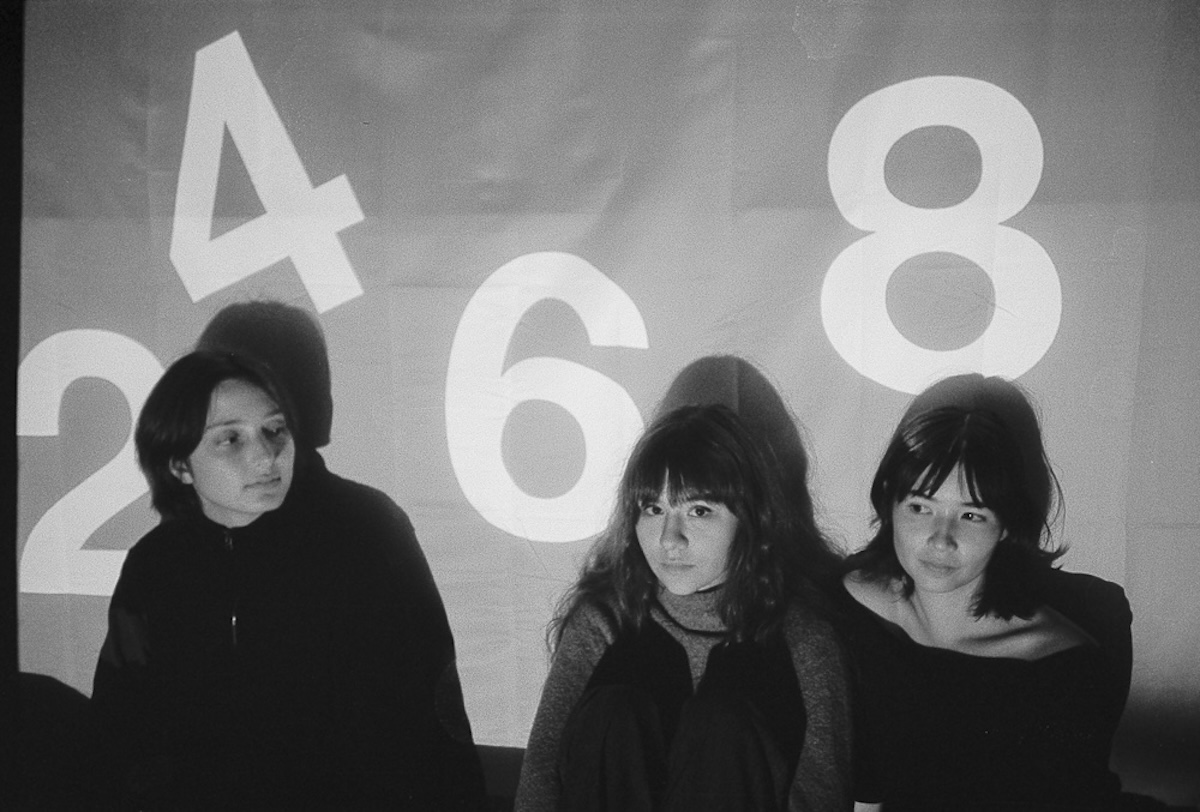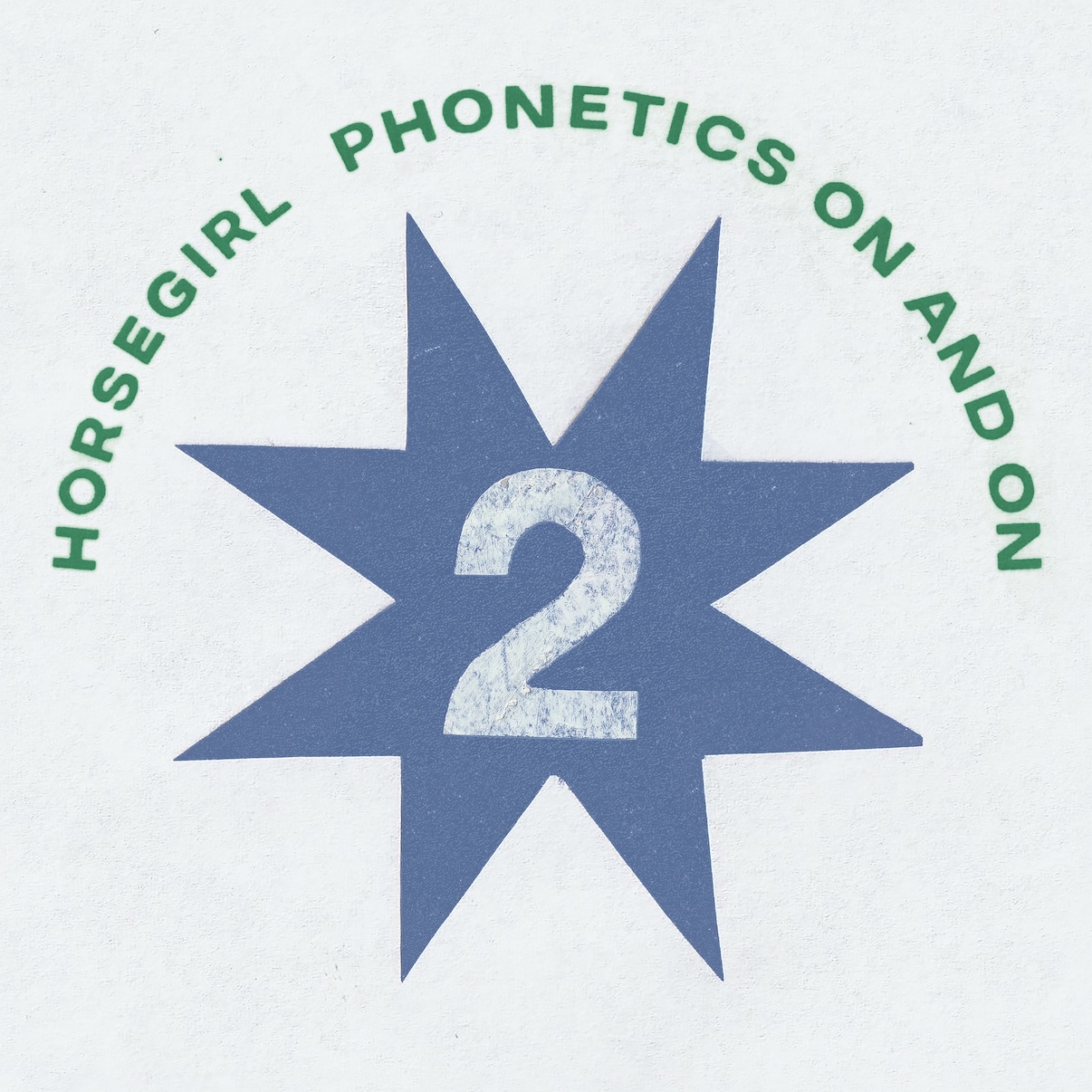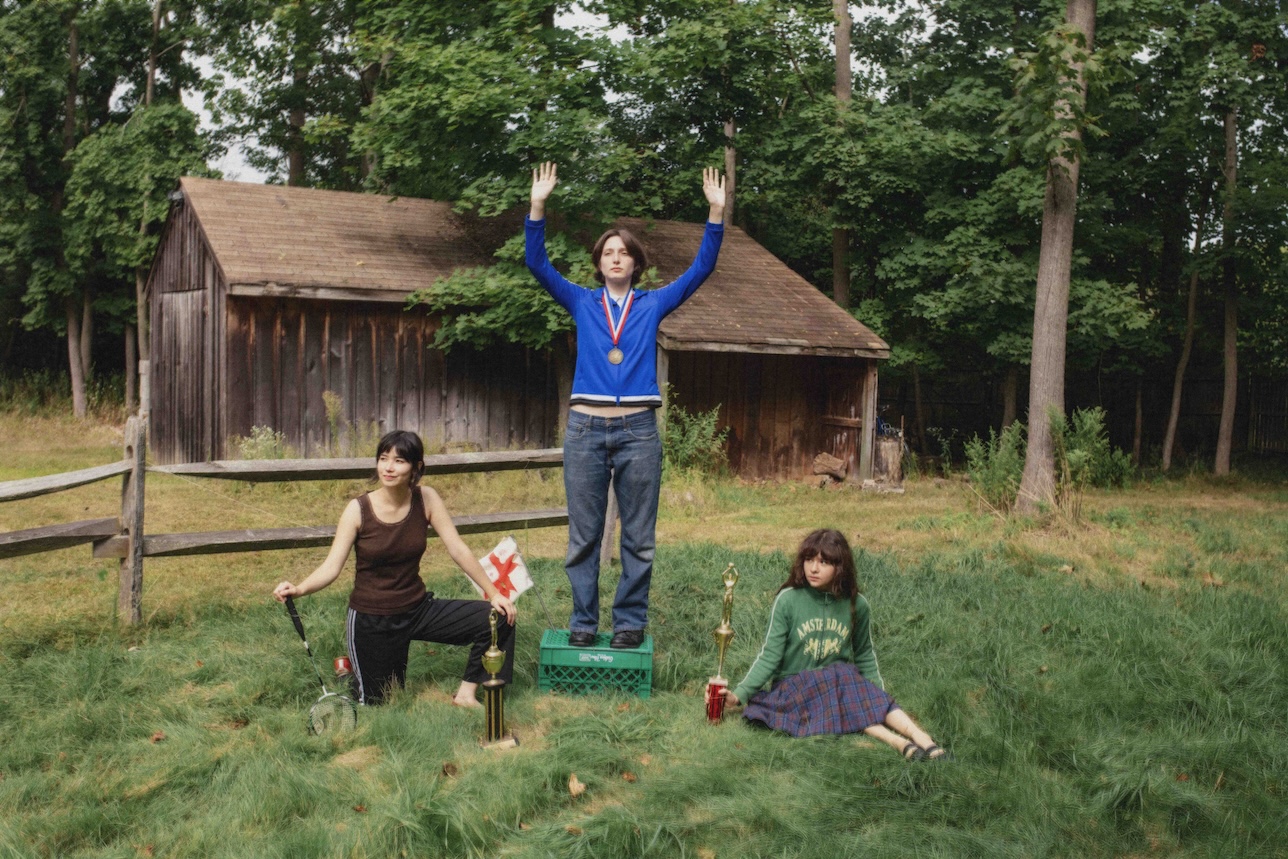
“I’m translating my talk to tones.”
Nora Cheng sings this lyric in the song “Information Content” but it comes through as a guiding principle across Horsegirl’s entire second album, released on February 14, Phonetics On and On. The Chicago trio of Cheng, Penelope Lowenstein, and Gigi Reece were mere teenagers when they recorded their debut, 2022’s loud and fuzzy Versions of Modern Performance. Now in their early 20s and living in NYC, where two of the three attend college, this album is a musical reflection of the band’s evolution at a relatable and all-important time in their lives.
More from Spin:
- ‘Becoming Led Zeppelin’ Doc Soars into Wide Release
- The Wombats Frontman Matthew Murphy Charts a New Course
- D’Angelo Returning To Live Action At Roots Picnic
One thing’s clear: they’re not the exact same band from their debut three years ago. On Phonetics On and On, the group’s early influences (like Sonic Youth) are less pronounced; the new songs are more stripped down, sonically and lyrically. The opening track “Where’d You Go” announces this evolution with its gently rolling guitar and drums under dueling delicate vocals from Lowenstein and Cheng, suggesting something like if The Vaselines sang over the Feelies. But just as you settle into this catchy, minimalist vibe, Lowenstein’s guitar solo kicks in like a jarring burst of emotion. It feels like this is what Cheng meant about translating talk into tones, as it’s one of several thrilling moments on the album where the band forgoes lyrics to allow guitars, violins, and other string instruments to express the music’s deeper emotions.

And this is a deep album. Working with acclaimed indie rock producer Cate Le Bon (Wilco, Kurt Vile), Horsegirl has crafted an album that rewards repeated listens, as if it’s your introverted friend who gradually opens up to you and reveals unexpected layers. On first listen, infectious looping guitars and phrases on songs like “In Twos” and “Frontrunner” create a hypnotically charming mood.
The more you listen, the jolting instruments that appear suddenly and at times discordantly on top of those melodies come to the fore, complicating the feelings. The play between the chugging rhythm and sparse, sharp lead guitars on album centerpiece “Julie” even feel like they’re filling in the conversation between the song’s narrator and the person they’re trying (and possibly failing) to reach out to. And the more you hear Lowenstein and Cheng’s deadpan vocals repeating lyrics like “And I try and I try and I try” or “I can’t wait and I can’t wait and I can wait,” they shift from simple sentiments to moving pleas.

Of course, like anyone transitioning from their teen years to adulthood, Horsegirl doesn’t have everything figured out. For every song like “Julie” or the beautiful-build-to-chaos number that is “Information Content,” there are also tracks like “2 4 6 8” and “Switch Over” that, while undeniably fun, feel more like demos or sketches than finished songs. Your mileage also may vary regarding the band’s tendency to drop into “da da da” or “do do do” whenever in doubt. It doesn’t feel finished at times, but ultimately that makes the album more refreshing and interesting. We’re seeing a band’s process, not their final form.
Phonetics On and On is Horsegirl coming of age, experimenting and discovering what’s beyond the endearing melodies they seem to effortlessly create. Whoever they become next, wherever these translations take them, you know it’ll be worth listening to.
To see our running list of the top 100 greatest rock stars of all time, click here.
